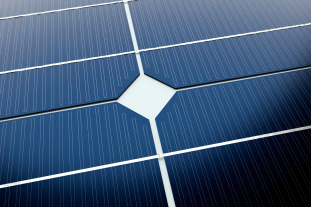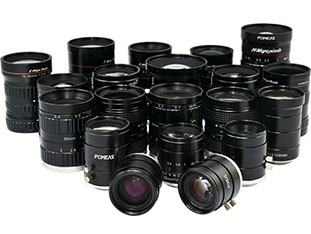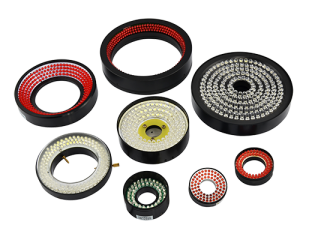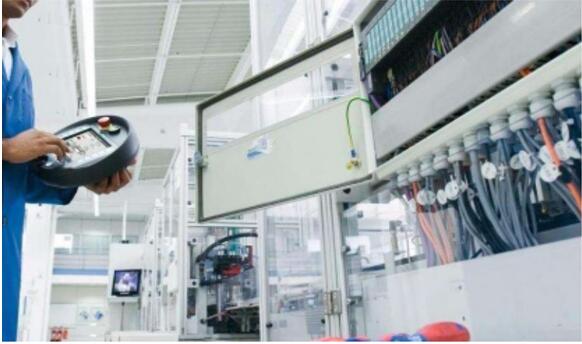With the rapid development of renewable energy, the quality of solar panels, as the key component of solar energy conversion, is directly related to energy conversion efficiency and system stability. However, it is inevitable that solar panels will have defects such as cracks, scratches, impurities, etc., which not only affect the power generation efficiency, but also may shorten the service life of the panels during the production process. Therefore, it is particularly important to develop an efficient and accurate defect detection system for solar panels.


Challenges in solar panel defect detection
- Texture complexity: The surface texture of solar panels is complex, and the light reflection characteristics of different regions are different, which increases the difficulty of defect identification.
- Various types of defects: There are many types of defects, including tiny chips, fine scratches, internal impurities, etc., which require the inspection system to have high sensitivity and high resolution.
- Production speed requirements: the production line is fast, the detection system needs to have a rapid response and real-time processing capabilities to ensure production efficiency and inspection quality.
Introduction to machine vision programs:
In order to cope with the above challenges, POMEAS adopted a high-definition machine vision solution based on high-definition industrial cameras, FA lenses, machine vision light sources, and a self-developed image recognition system to perform comprehensive and accurate defect detection for solar panels.
1, High-definition industrial cameras: the selection of high-resolution, low-noise industrial cameras to ensure that the captured images are clear and detailed, and provide a high-quality data source for subsequent image processing.


2, FA lens: According to the size of the solar panel and inspection needs, choose the appropriate FA lens to optimize the image acquisition effect, reduce aberrations and distortions, and ensure the integrity and accuracy of the image information.


3, Machine vision light source: the use of appropriate machine vision light source, such as ring light source, bar light source, etc., according to the characteristics of the detection object and the detection needs of flexible configuration, in order to eliminate the interference of ambient light, improve the image contrast, so that the defect features more prominent, easy to follow up identification.


4. Self-developed image recognition system:
① Algorithm development: develop efficient and accurate image recognition algorithms based on advanced technologies such as deep learning and image processing. Through a large number of sample training, the algorithm is able to accurately recognize various defects on solar panels;
② Intelligent identification: the system can automatically analyze image data, accurately locate and classify defects such as tiny cracks, scratches, impurities, etc., and provide real-time feedback of the detection results, providing strong support for production decisions.

POMEAS machine vision solutions not only improve the accuracy and efficiency of solar panel defect detection, but also reduce the cost and labor intensity of manual inspection. Through real-time monitoring and feedback, manufacturers are able to adjust their production processes in a timely manner to improve product quality and market competitiveness.
Product recommendation
TECHNICAL SOLUTION
MORE+You may also be interested in the following information
FREE CONSULTING SERVICE
Let’s help you to find the right solution for your project!


 ASK POMEAS
ASK POMEAS  PRICE INQUIRY
PRICE INQUIRY  REQUEST DEMO/TEST
REQUEST DEMO/TEST  FREE TRIAL UNIT
FREE TRIAL UNIT  ACCURATE SELECTION
ACCURATE SELECTION  ADDRESS
ADDRESS Tel:+ 86-0769-2266 0867
Tel:+ 86-0769-2266 0867 Fax:+ 86-0769-2266 0867
Fax:+ 86-0769-2266 0867 E-mail:marketing@pomeas.com
E-mail:marketing@pomeas.com
